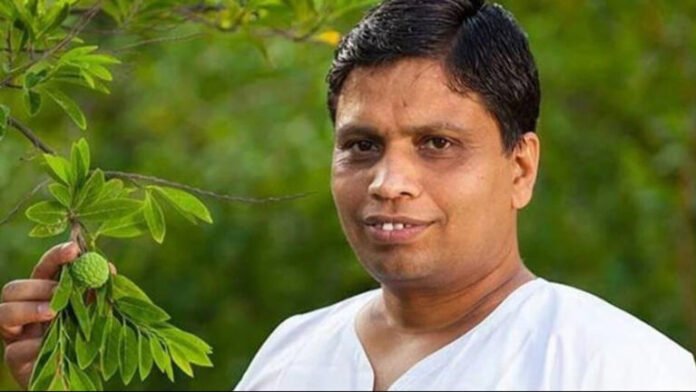The corridors of Indian judiciary are once again abuzz with controversy as the Managing Director of Patanjali Ayurved Limited, Acharya Balkrishna, has filed a plea against the President of the Indian Medical Association (IMA), Dr. Jayesh Lele. Balkrishna’s legal action comes in response to remarks made by Dr. Lele regarding the Supreme Court of India, igniting a legal battle that underscores the delicate balance between freedom of speech and accountability in public discourse.
The crux of the matter lies in statements attributed to Dr. Lele, wherein he purportedly criticized the Supreme Court’s handling of certain matters related to healthcare policy. Balkrishna’s plea alleges that these remarks were defamatory and amounted to contempt of court, thereby warranting legal intervention to safeguard the judiciary’s reputation and integrity.
At the heart of this legal dispute is the principle of judicial independence, a cornerstone of democracy that ensures the judiciary’s autonomy from external influence or coercion. While freedom of speech is a fundamental right enshrined in the Indian Constitution, it is not absolute and must be exercised responsibly, especially when it pertains to matters of judicial proceedings and institutions.
Balkrishna’s decision to pursue legal action against Dr. Lele reflects a broader concern about the sanctity of judicial proceedings and the need to uphold the dignity of the judiciary. In a democracy, where the rule of law prevails, it is essential to maintain public trust in the judiciary by holding individuals accountable for statements that undermine its authority or impartiality.
However, critics argue that Balkrishna’s plea could be seen as an attempt to stifle legitimate criticism and dissent, thereby encroaching upon the freedom of speech and expression. They contend that robust public debate and scrutiny are essential for holding public institutions accountable and ensuring transparency in governance. Moreover, they question the timing and motives behind Balkrishna’s legal action, suggesting that it may be driven by personal or corporate interests rather than genuine concern for the judiciary’s reputation.
The legal battle between Balkrishna and Dr. Lele also raises broader questions about the role of corporate entities in shaping public discourse and influencing policy decisions. With Patanjali Ayurved Limited being a prominent player in the healthcare industry, its MD’s involvement in a high-profile legal dispute with the head of a medical association underscores the intersection of corporate interests and public accountability.
As the case unfolds, it is likely to spark debates about the limits of free speech, the responsibilities of public figures, and the role of the judiciary in upholding constitutional values. It also highlights the need for a nuanced understanding of the complexities inherent in balancing individual rights with institutional integrity.
In a democracy, the judiciary serves as the ultimate arbiter of justice, tasked with upholding the rule of law and protecting the rights of citizens. Therefore, it is incumbent upon all stakeholders, including public officials, corporate leaders, and civil society, to respect the judiciary’s authority and refrain from making statements that could undermine its credibility or independence.
Ultimately, the legal battle between Balkrishna and Dr. Lele serves as a reminder of the delicate equilibrium between freedom of speech and the imperative of preserving institutional integrity. While individuals have the right to express their opinions and critique public institutions, they must do so in a manner that respects the rule of law and the principles of judicial independence. As the case unfolds, it will undoubtedly test the boundaries of free speech in the context of judicial proceedings, shaping the contours of public discourse and accountability in India’s vibrant democracy.

